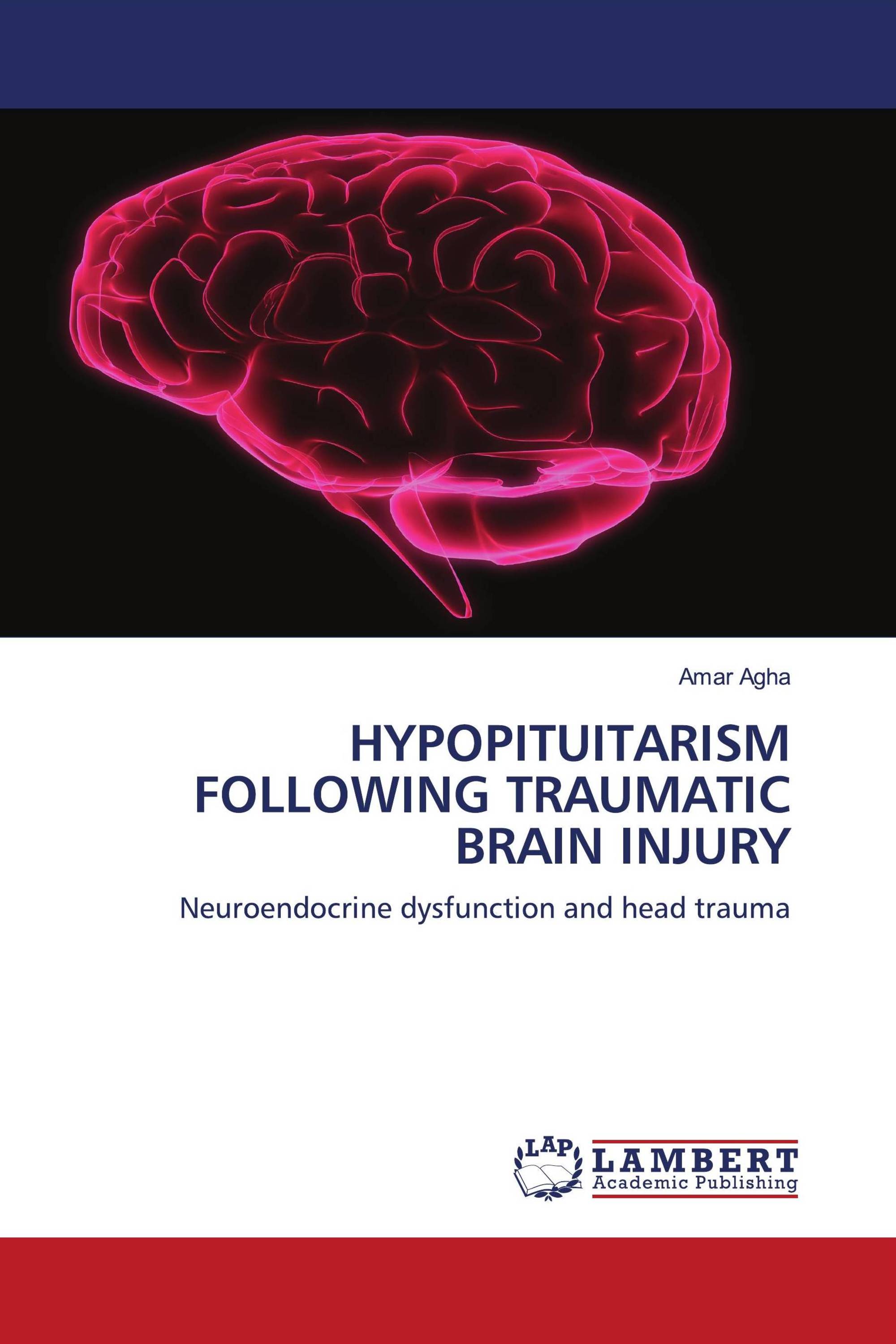Neuroendocrine derangements after traumatic brain injury (TBI) have received increasing recognition in recent years. Marked changes of the hypothalamo-pituitary axis have been documented in the acute phase of TBI with as many as 80% of patients showing evidence of gonadotropin deficiency, 18% of growth hormone deficiency, 16% of corticotrophin deficiency and 40% of patients demonstrating vasopressin abnormalities. Longitudinal prospective studies have shown that some of the early abnormalities are transient, while new endocrine dysfunction becomes apparent in the post acute phase. There remains a high frequency of hypothalamic-pituitary hormone deficiencies among long term survivors of TBI with approximately 28% patients showing one or more pituitary hormone deficiencies. This is a higher frequency than previously thought and suggests that most cases of post traumatic hypopituitarism (PTHP) remain undiagnosed and untreated. The data underscore the need for the identification and appropriate timely management of hormone deficiencies, in order to optimise patient recovery from head trauma.
Book Details: |
|
|
ISBN-13: |
978-3-8383-0443-4 |
|
ISBN-10: |
3838304438 |
|
EAN: |
9783838304434 |
|
Book language: |
English |
|
By (author) : |
Amar Agha |
|
Number of pages: |
200 |
|
Published on: |
2010-01-11 |
|
Category: |
Clinical disciplines |
